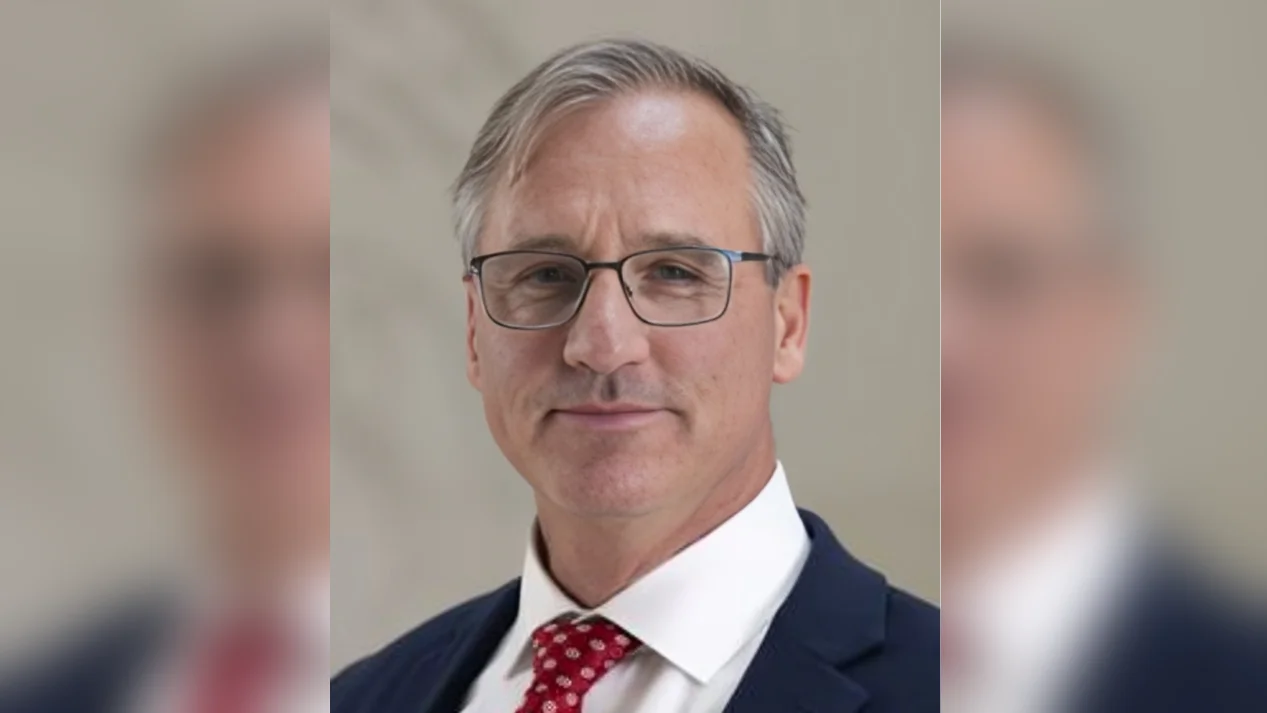The International Monetary Fund (IMF) recently hosted a conference focused on public debt transparency, highlighting the importance of aligning legal frameworks with best practices. The event was marked by discussions on the global debt landscape and the challenges faced by countries, particularly emerging markets and developing economies.
Global public debt is projected to reach 100% of global GDP by the end of the decade, surpassing levels seen during the pandemic. "We all know the data," remarked an IMF representative, emphasizing that this scenario complicates fiscal trade-offs for governments worldwide.
Efforts have been made to address these issues through initiatives like the Common Framework and the Global Sovereign Debt Roundtable. These platforms aim to foster inclusive spaces for both public and private creditors and improve coordination in debt restructuring processes. "Our engagement seeks to improve coordination, ensure that countries play by global rules," noted a speaker at the conference.
Transparency in lending practices has improved over recent years, with significant progress in involving non-Paris Club creditors in debt restructuring. The G20 Common Framework has become more efficient, supported by tools such as the Sovereign Debt Restructuring Playbook which outlines steps to expedite restructuring processes.
Debt transparency remains crucial due to complex financing forms that often remain hidden until late stages of restructuring. "Hidden debt inflicts real costs," it was stated during discussions. The need for clear laws governing borrowing authority and contract validity was emphasized as essential for effective debt management.
The IMF's ongoing work includes publishing papers on public debt disclosure, requiring detailed transparency on debt information, and introducing structured assessments of data adequacy on debts. Training programs have also been expanded to enhance capacity development in this area.
"Good law drives good practices," it was highlighted at the conference attended by policymakers from 72 countries along with representatives from civil society organizations, private sector, and academia. The IMF committed to supporting these efforts through reviews of sustainability analysis for low-income countries and engaging relevant parties under frameworks like the Global Sovereign Debt Roundtable.
Accurate information is deemed critical for effective policy-making: "Transparency is always good policy," as paraphrased from Benjamin Franklin's words during closing remarks at the event.

